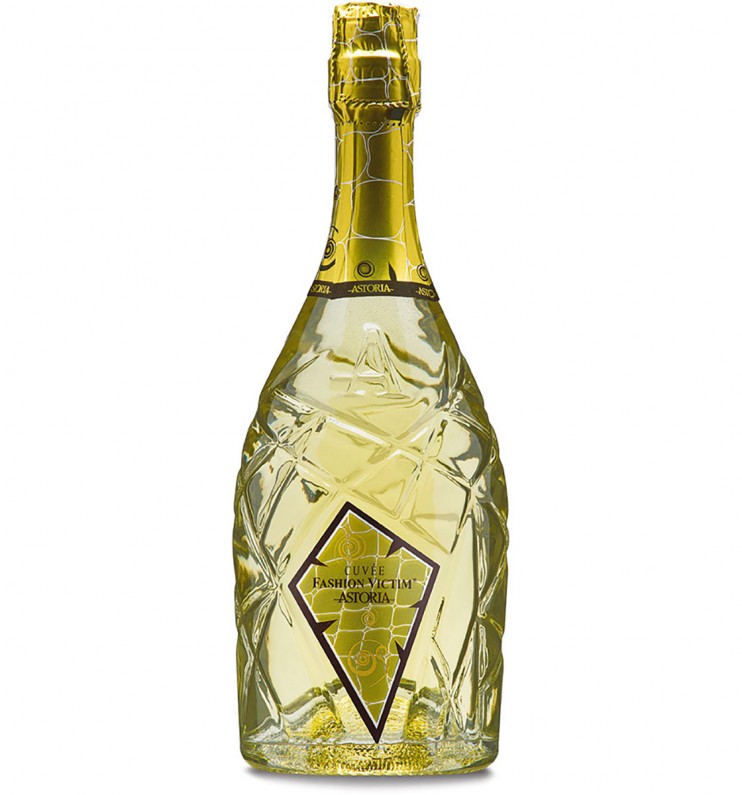Brendan Jansen MW
In the movie, The Devil Wears Prada, the character played by Meryl Streep chastises her underling (played by Anne Hathaway) for criticising the importance of fashion. She points out that the cerulean coloured sweater she is wearing has come about by the trickle down effect of high fashion, plotting where the colour originated, and how much influence designers, fashion moguls and magazine editors, have on the styles and tastes of the day. Meryl Streep’s character is making a business statement, highlighting the power of marketing.
I have heard it said the wine industry is also a fashion industry, in the sense that tastes and styles in favour at a particular time, by a particular group of people, are influenced by factors other than the product itself, in this case the wine.
I am aware I am treading into dangerous territory here, in that many would argue that the merits of a wine can be objectively assessed, and will “speak for themselves”, as it were. While I agree that this is the case to an extent, and have argued in a previous wine musings article that some objective assessment of the quality of a wine, along certain parameters, IS possible.
However, I am also of the belief that other factors influence market trends. In a sense, this statement seems self evident, but what factors are at play? And do they influence purchasing decisions more that the innate quality of a wine?
Let us lay out the ground rules first. There is more than one “market”, and even several “markets” in the same geographical location. Each market has its own relevant price point, level of engagement with the product, and “maturity”. By the last point I mean that some more established markets may seek novelty, newness.
Who then are the players in this fashion tussle? Several groups emerge as important – firstly, producers and winemakers themselves. Secondly, so-called “industry experts”, comprising, in the main, sommeliers, wine writers and commentators. Thirdly, there are results from wine shows and competitions. Finally, and perhaps most importantly, are consumers themselves.
It would be naïve to think that the above players do not influence each other, and that their influences can be synergistic and even antagonistic. It is likely that is some markets, and for some products, different players “hold the power” at different times.
What do you think? Who drives fashions and trends in wine?


